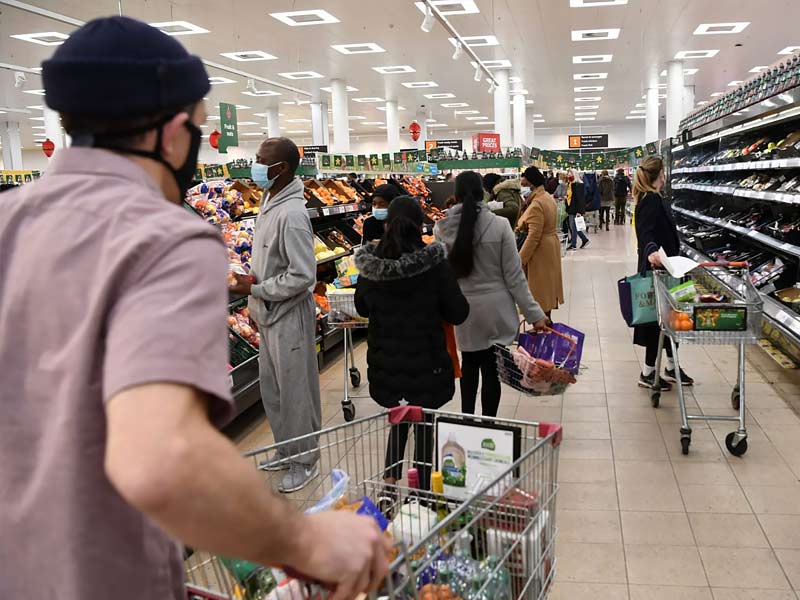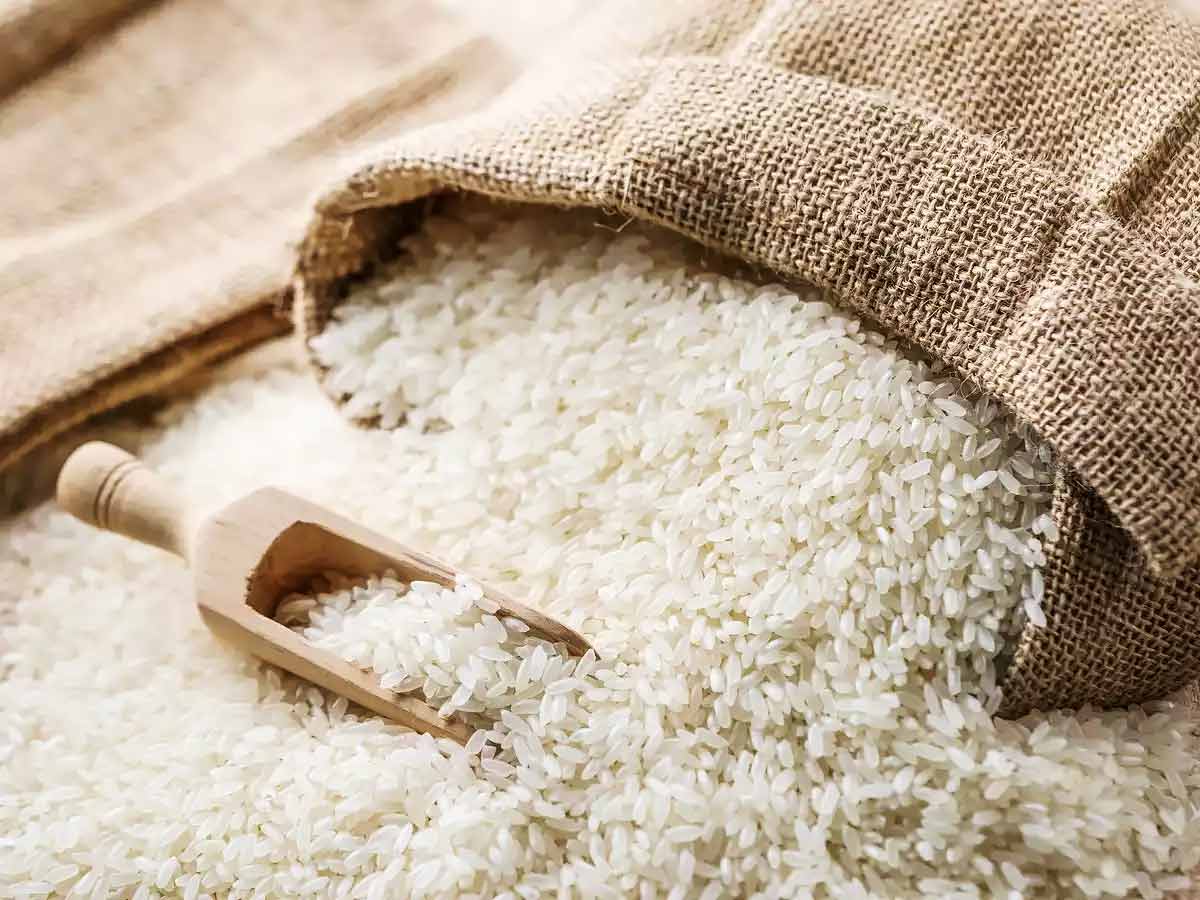NRIs (non-resident Indians) in the US have been purchasing non-basmati white rice in a panic as a result of India’s plan to place a ban on its export. More than 40% of the world’s rice exports come from India, thus a reduction in shipments might raise food costs in the US.
On social media, there are videos and pictures of NRIs lining up outside supermarkets and department stores to purchase rice while others scale shelves and remove hefty sacks of rice. Videos also showed shoppers stocking up on rice by purchasing numerous bags at the supermarkets.
The sizable NRI population in the US is feeling the effects of this prohibition. There is a rush to stock up on rice due to widespread concerns about its pricing and availability. Sales of rice bags have increased in neighborhood grocery stores, with some consumers purchasing large quantities.
Due to the possibility of rice scarcity, the rice ban has caused panic purchasing among Telugu people in North America, Europe, and West Asia. As a result, there are now lengthy lines in front of Indian food shops all across the neighborhood, according to the publication. “A bag of rice weighing 9 kg costs $27.”

Panic buying has been reported in major cities including Texas, Michigan, and New Jersey. One bag of rice per customer is one of the limits some stores in these cities have placed on sales.
India, which exports 40% of the world’s rice, saw prices rise to multi-year highs on July 20 as unpredictable weather threatened to disrupt output.
Indian exports of non-basmati white rice increased by 35% year over year in the second quarter due to increased global demand.
African nations, Turkey, Syria, and Pakistan are among the countries that the prohibition is anticipated to affect; all of these nations currently see significant increases in food prices.
The greatest exporter of rice in the world, India, has banned all exports of non-basmati white rice. This choice was made to control domestic prices since they had risen to multi-year highs as a result of unpredictable weather that threatened supply. The restriction has not only had an impact on the world rice market, but it has also raised concerns about inflation.
Also read: China Is Drilling Into The Earth’s Crust 10,000 Meters Deep
More than 3 billion people worldwide use rice as a staple grain, and Asia accounts for about 90% of the world’s production of this water-intensive crop. The 40% of the world’s rice exports that India has banned have profoundly impacted the worldwide supply chain. The Asian rice market halted as traders anticipated a sharp increase in price in the following days as a result of this prohibition.

























